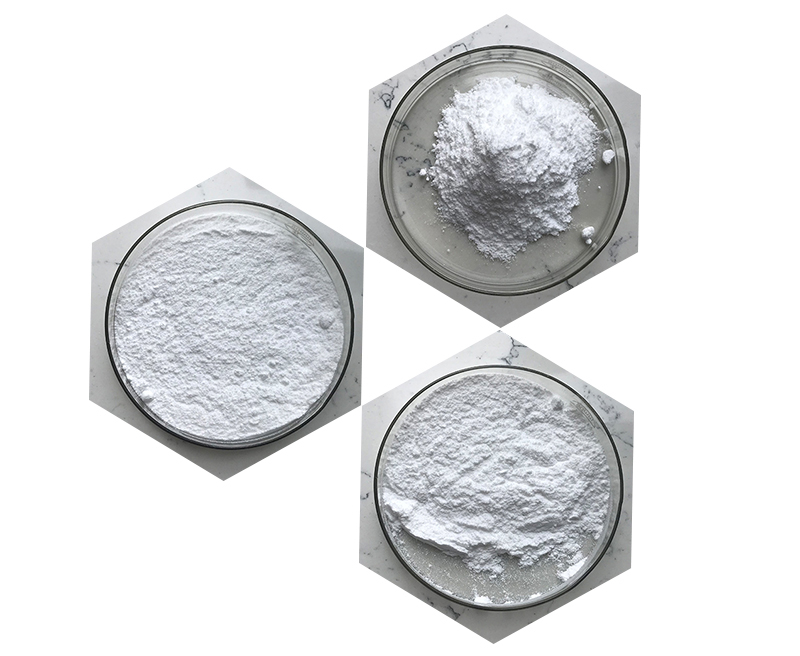L-Theanine is a naturally occurring amino acid most commonly found in tea leaves, especially in green tea, and in some types of mushrooms. It’s often associated with promoting relaxation and improving focus.
The basic chemical composition of L-Theanine includes:
- Amino acid structure: L-Theanine is a derivative of the amino acid glutamine, specifically an ethyl ester of glutamine.
- Chemical formula: C7H14N2O3
- Functional groups: L-Theanine contains an amide group (–NH) and a carboxyl group (–COOH), as well as an ethyl group (–CH2–CH3) attached to the nitrogen atom.
L-Theanine works by influencing brain chemistry, particularly by increasing levels of GABA (gamma-aminobutyric acid), dopamine, and serotonin. It is also thought to have a calming effect by promoting alpha brain wave activity.

L-Theanine-Improves Sleep
L-Theanine is an amino acid commonly found in tea, particularly green tea. It’s known for its calming effects and is often used to improve sleep quality. Here’s how L-Theanine may help with sleep:
- Promotes Relaxation: L-Theanine is believed to increase the production of alpha waves in the brain, which are associated with a relaxed yet alert state. This can help reduce stress and anxiety, making it easier to wind down before sleep.
- Reduces Stress and Anxiety: By promoting relaxation and reducing cortisol (the stress hormone), L-Theanine helps calm the nervous system, which can prevent racing thoughts that might interfere with falling asleep.
- Improves Sleep Quality: Some studies suggest that L-Theanine can improve sleep quality, allowing you to feel more rested and refreshed, even if sleep duration isn’t drastically increased.
- No Sedative Effect: Unlike some sleep aids, L-Theanine doesn’t cause drowsiness or a sedative effect, so it can be taken in the evening without fear of feeling groggy the next morning.
- Works Well with Other Supplements: It is often paired with other calming supplements like melatonin or magnesium for enhanced sleep support.

While L-Theanine may improve the quality of sleep, its effectiveness can vary from person to person, and it’s always best to experiment with dosage and timing (e.g., 100–200 mg taken about 30–60 minutes before bedtime). If you are considering using it, it might be a good idea to talk to a healthcare provider, especially if you have underlying conditions or take medications.
